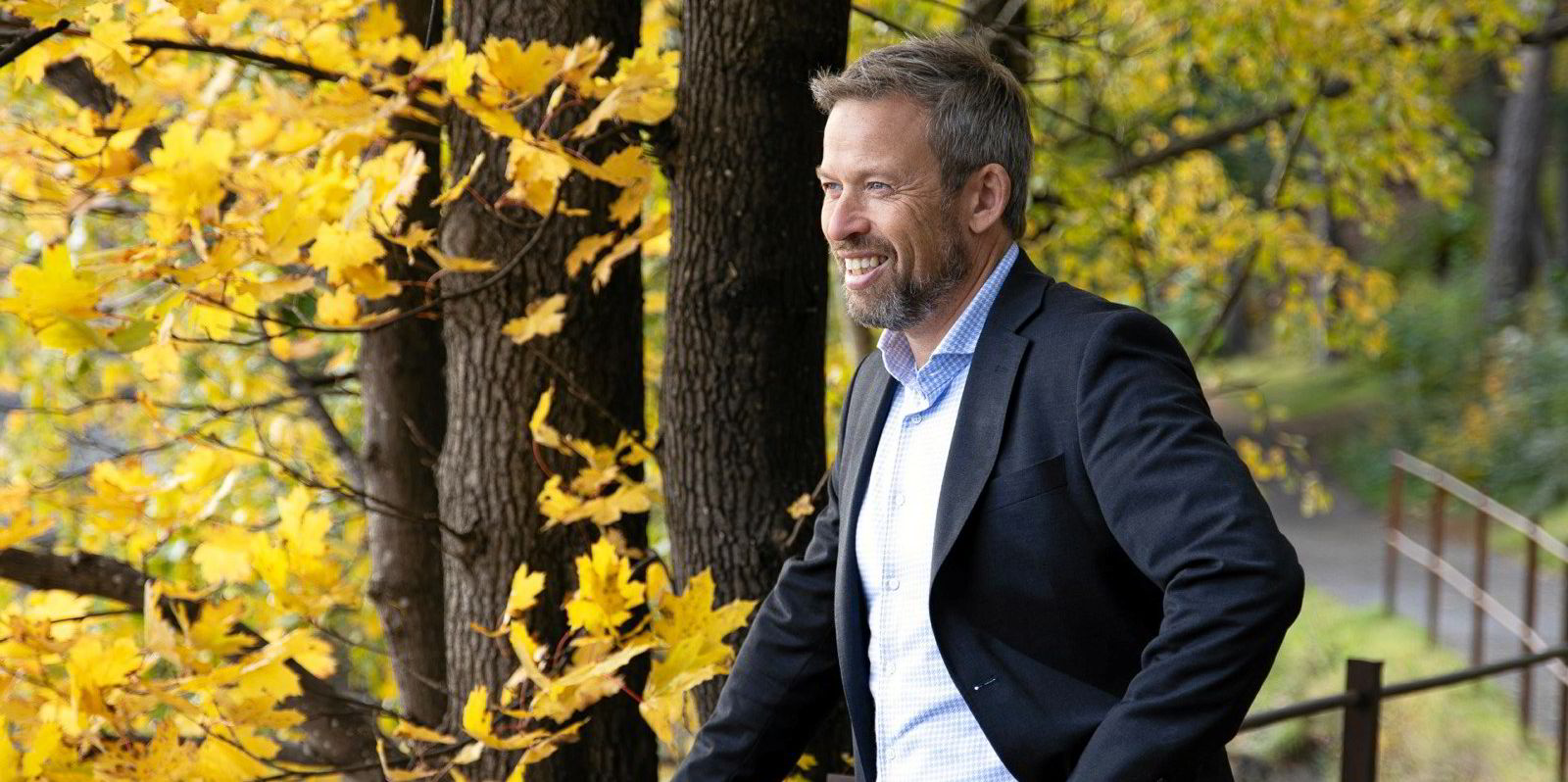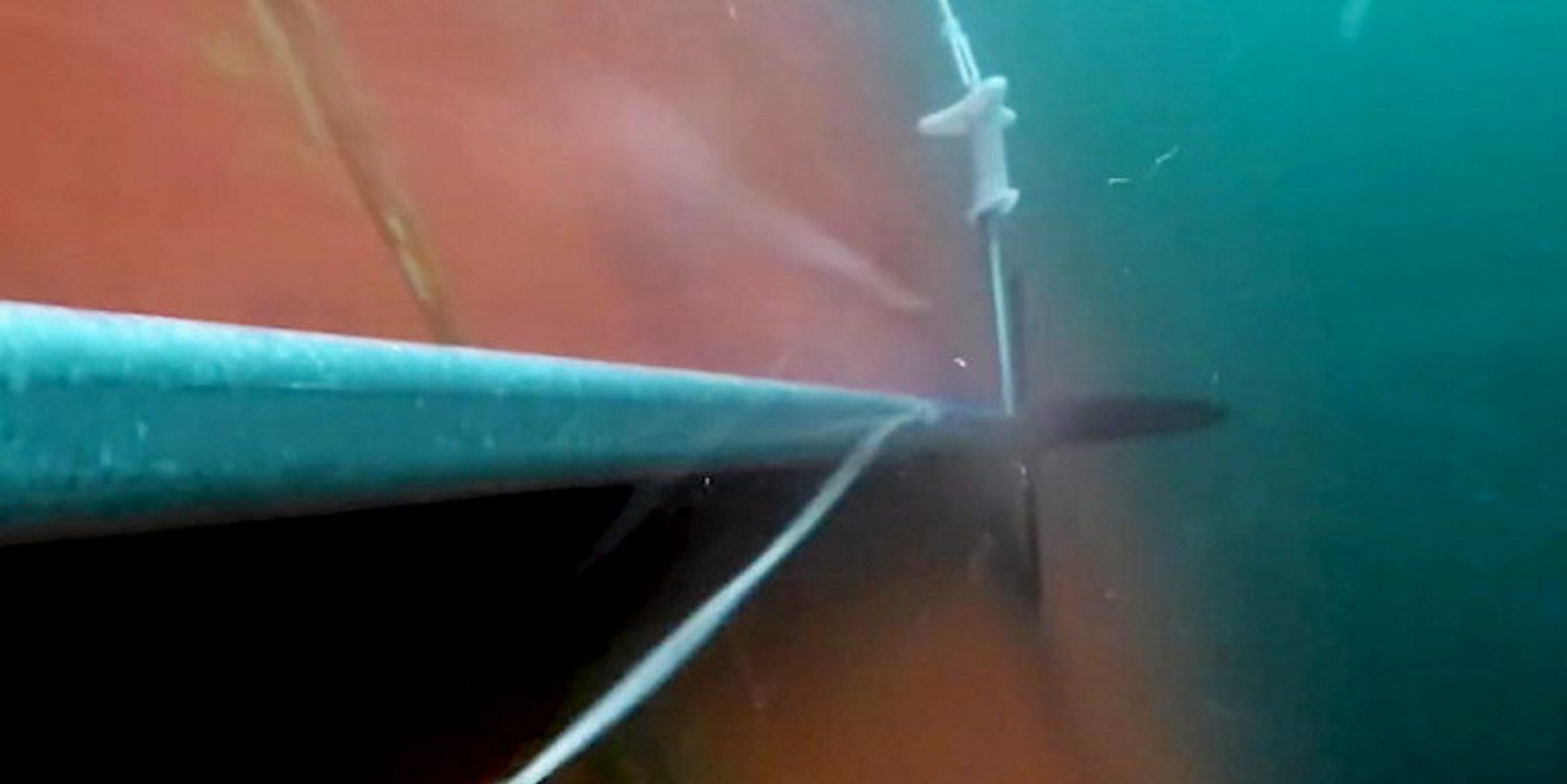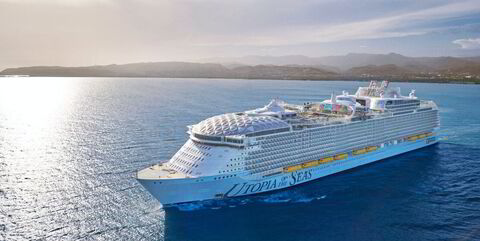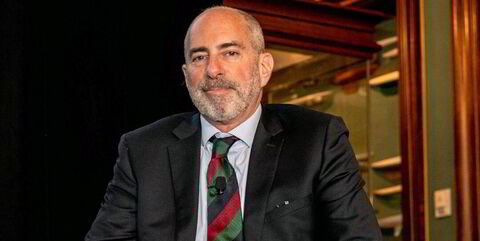For Ernst Meyer, there is no time to waste in the race to decarbonise shipping.
The marine engineer took over as chief executive of Norway’s Torvald Klaveness from climate change evangelist Lasse Kristoffersen in 2022.
He previously spent 18 years at classification society DNV and was a project engineer at Statoil (now Equinor) for floating production units and drillships.

Meyer aims to boost vessel efficiency right now through digital solutions offered by software tools CargoValue and Market Manager. And specialised ships owned by Torvald Klaveness spin-off Klaveness Combination Carriers (KCC), led by chief executive Engebret Dahm, cut ballast time by combining dry bulk and oil product cargoes.
The fleet is using ShipShave’s hull-cleaning drones and Silverstream’s air lubrication system in combination with a shaft generator, while wind power is also being considered.
Meyer tells TW+: “I don’t think many fully comprehend the time frame involved in waiting for the industrial development changes also needed to produce the fuel at the scale necessary on a global level.”
He believes it’s possible to reach the 20% to 30% emissions-reduction target by 2030 through global improvement in energy and trading efficiency.
This will also reduce costs, lowering the threshold for the later implementation of more expensive alternative fuels, he says.
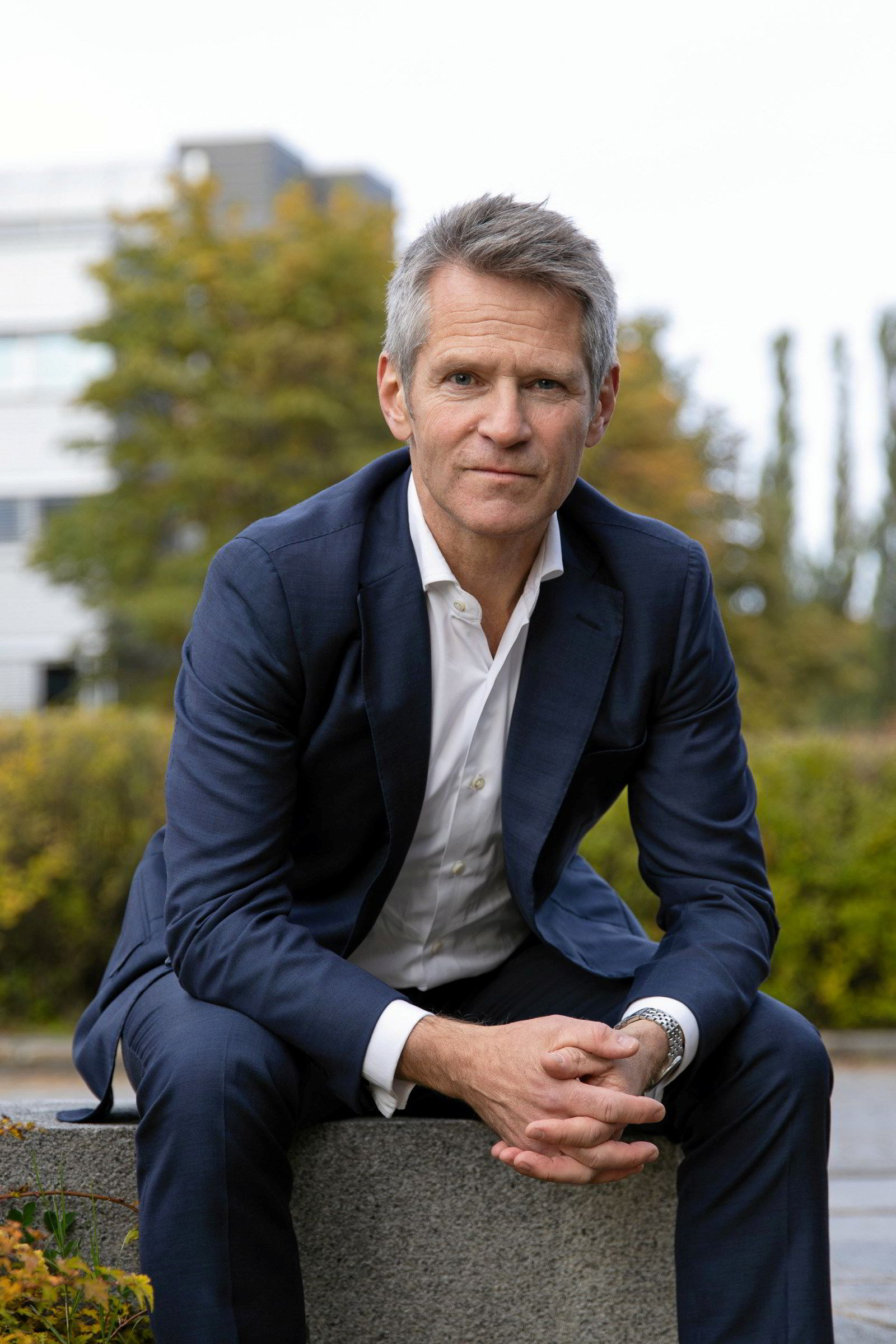
“Shipping’s dilemma is that many players in the industry benefit from inefficiency,” Meyer adds. “Congestion is a good example. Dry bulk market analysts monitor congestion closely and it’s reported as good news, because more congestion means less ships available and then we see higher freight rates.
“Seen from the outside, it’s a systemic flaw, but it’s a flaw the end-user can afford. Ship transport is so cost-effective that … the end product … will basically cost the same with significant increases in freight rates or fuel prices.”
The CEO’s grandfather, also called Ernst Meyer, was a whaler in the 1920s and 1930s, when the animals were hunted to the point of extinction.
Meyer senior told the CEO’s father to avoid the industry, not on moral grounds, but because there was nothing left in it as a business.
Meyer argues that this shows his grandfather’s generation was unaware of how its actions could damage the planet.
It was not human nature then to leave things in better shape for the next generation. Times have changed and that is a role he now feels passionately about taking in shipping.
Klaveness believes inefficiencies have evolved over the years, from times when data was not available and transparent, but now the tools are available to change this.
Dahm says the debate and hesitation about new fuels is giving an excuse for many in shipping to delay immediate carbon emissions cuts.
“There are so many things that can be done today by dealing with the obvious operational inefficiencies and by adopting new technologies,” he says.
“In KCC, we are adopting a total approach to decarbonisation, attacking inefficiencies in our business from all angles and collaborating with our customers to deliver efficiency improvements and emission reductions.”
He says the industry needs better cooperation between shipowners and charterers. One example is the carbon-adjusted freight contract that KCC established with South32 linking freight rates to carbon emission reductions.
“To build credibility in how we advance on this journey, KCC’s sustainability reporting aims to deliver full transparency on initiatives and results. KCC walks the talk,” Dahm concludes.
